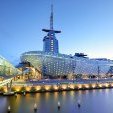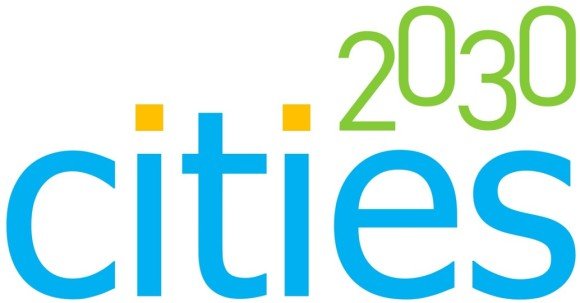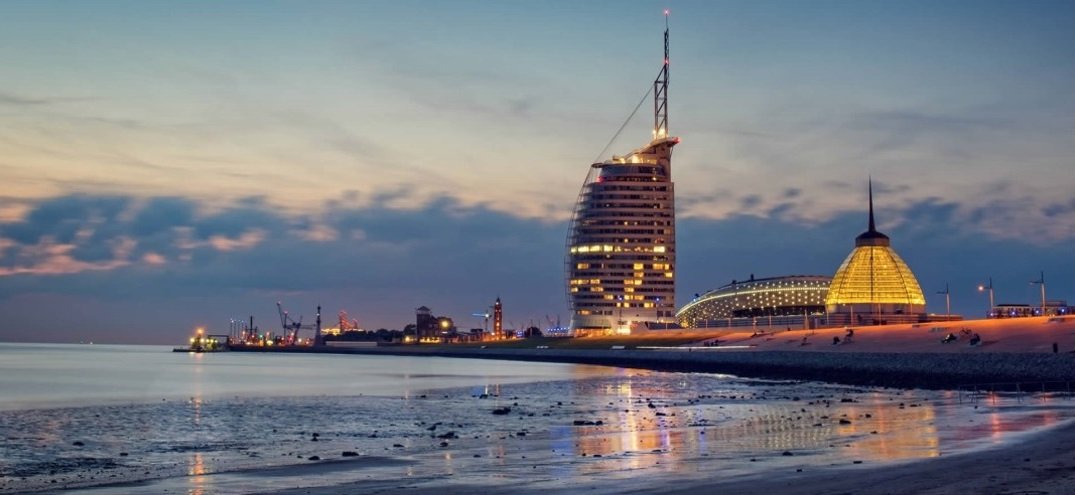- Welcome page
- CRFS Development
- Policy LAB
- Policy: Policy Action Plan
- Living: Innovation action plan
- Stories from the LAB
- LL Experiment 1 - Going well in Lehe
- LL Experiment 2 - Local Bread for Local Kids
- LL Experiment 3 - Scavenger Hunt
- LL Experiment 4 - Reducing food waste in daycare centres
- LL Experiment 5 - citizen science “Lemon of the North”
- Joining PL & LL >> OUR LOCAL HEROES
- Innovation frameworks
- Members
- Access history
- Lab Festival

Innovation frameworks
Innovation frameworks for CRFS
Hemp and oatmilk filling stations
A farming company wants to move away from the tradional way of selling cows-milk regionally and take the more sustainable route by producing hemp and oat milk with their own produced hemp and oat and selling it at so-called milk filling stations on their farm. (located in: Municipality of Schiffdorf-Wehdel, Lower Saxony, Germany. https://www.butenunbinnen.de/nachrichten/lebensmittel-produktion-zukunft-modellregion-bremerhaven-100.html)
Thematic Area: Processing
Impact on CRFS: That you can get your vegan/hemp/oat milk regionally from farms so they are not depentend on supermarkets.
Innovation potential: The fact of the possibility of being able to obtain vegan milk regionally.
Watertuun
This urban farming project Watertuun aims to build the first aquaponics plant in and for Bremen to produce food where it is eaten: in the city. (located in: Überseestadt Bremen, Bremen, Germany. https://watertuun.de/)
Thematic Area: Production
Impact on CRFS: This project aims to avoid long transport routes, the use of medicines and pesticides, and to achieve sustainable food production. What is special about the use of an aquaponics system: the cultivation of food without soil.
Innovation potential: With the support of the emerging show facility, the team wants to illustrate what sustainable food production in the city could look like and offers the opportunity to look behind the scenes in various environmental education programmes.
EntoSus
Europes first Naturland-certified organic insect farm that breeds crickets as a sustainable alternative for savoury dishes and snacks. The breeding is carried out according to the principle of circular economy. The animals are fed almost exclusively with residues from the agricultural and food industry. (located in: Hemelingen, Bremen, Germany. https://www.entosus.de/)
Thematic Area: Production
Impact on CRFS: The breeding of insects requires significantly less space than conventional animal breeding. Compared to beef production, cricket farming produces only 1% of the greenhouse gas emissions and requires 15,000 times less water in total. Moreover, since breeding and processing take place in one place, unnecessary transport routes are also eliminated.
Innovation potential: The founders pursue the primary goal of finding a solution for sustainable and climate-friendly food production.
Regional Vegetable Box
Gemüsezeit Altluneberg is a vegetable variety nursery based on community-supported agriculture. Several private households become regular customers and subscribe with a monthly fee to a vegetable box for an entire vegetable season. (located in: Municipality of Schiffdorf-Wehdel, Lower Saxony, Germany. https://gemuesezeit.de/)
Thematic Area: Distribution
Impact on CRFS: The organic vegetable box contains whatever is in season and ripe - from spring to autumn. Long transport routes are avoided and the consumption of regional food is supported.
Innovation potential: You can learn a lot about vegetables and especially which are in season. Furthermore, by supporting regional farms, you also support your local CRFS.
Kasseler Bunker Mushroom
The team of the “Kasseler Bunker Mushrooms” project was driven by the question of how food can be grown in the city with accumulating resources without relying on large areas of land. The result is the cultivation of mushrooms. (located in: Kassel, Hessen, Germany. https://www.kasseler-bunkerpilz.de/)
Thematic Area: Production
Impact on CRFS: The team collects coffee grounds from cafés in Kassel by cargo bike and tram and uses them to produce substrate for mushroom cultivation. This means that no unnecessary CO2 is produced and mushrooms can be produced regionally.
Innovation potential: Different types of seitlings grow from them, which are sold daily without long transport routes to people who value fresh food. The mushrooms grow underground in cellars. There are not only ideal conditions for mushroom cultivation, but also plenty of unused space.
Seestadthonig
The founder of Seestadthonig has been dealing with the dying bees and is trying to find a solution that makes it possible to produce honey in the city as well. (located in: Bremerhaven, Bremen, Germany. https://seestadt-honig.de/)
Thematic Area: Production
Impact on CRFS: In the meantime, the founder's beehives are located on many unused house roofs or also in areas on company premises and even on the roof of the local university. Here, honey is produced regionally and at the same time unused space is made usable.
Innovation potential: The Seestadthonig shows that it is possible to produce honey almost everywhere and thus to give bees more habitat.
Urban Pergola
A student project in Bremerhaven: Steel nets covered with fibre material are to be installed in front of buildings and planted with fast-growing plants. This will not only cool the environment, but also filter the air in a natural way. Insects and birds will also find a new home in the green roof. (located in Bremerhaven, Bremen, Germany. https://urban-pergola.business.site/?utm_source=gmb&utm_medium=referral)
Thematic Area: Ecosystem services
Impact on CRFS: Individual buildings, but also entire settlements can be equipped with the green pergolas. The loose leaf canopy lets sunlight through without affecting the cooling effect. If no shading is desired in winter, the nets can simply be removed and reinstalled in spring.
Innovation potential: With this idea you can give small creatures like birds or insects more habitat and if you plant vines on the pergolas, you can also create an area for urban gardening.
Heidi’s mobile Käserei KG
The founding group wants to enable dairy farmers to produce cheese locally from their milk - on the dairy farmer's farm! With its concept, the mobile cheese dairy is unique in northern Germany, and it has many advantages. The farmer does not need his own cheese dairy, he benefits from the direct marketing of the milk and no profits are lost to middlemen. The end products stand out significantly from industrial products. (located in Northern Germany. https://www.hmk-elsdorf.de/content/eindruecke/)
Thematic Area: Processing
Impact on CRFS: In a very short time, the bacteria begin to transform the milk into solid curd, which is ready for filling after further process steps. The special thing about this work: everything happens directly on the dairy farmer's or farmer's wife's farm. So they each have the opportunity to experience what happens to the milk and the products are created on a personal level
Innovation potential: The possibility of how a dairy farmer without his own capacity can produce cheese from his own milk.
Creating transparency - from the shop counter to the producer
The aim is to bring children and young people as close as possible to agriculture and the food industry. Many young people today no longer know where their food, such as meat, animal products or fruit and vegetables, actually comes from. The constant availability in the supermarket is a familiar and often only image for many of them. With this exemplary project, the Ostheide Education and Conference Centre, as the central coordinating body, has created an ideal place of learning - farms. Nowhere can agriculture and food be experienced better than where they are produced. (located in Lower Saxony and Bremen, Germany. https://www.transparenz-schaffen.de/)
Thematic Area: Education
Impact on CRFS: The programme covers the whole of Lower Saxony and the state of Bremen and offers a wide range of educational programmes - mostly free of charge - to kindergarten children as well as schoolchildren up to upper secondary school level. In this way, much can be learned about food that is not necessarily covered in school.

